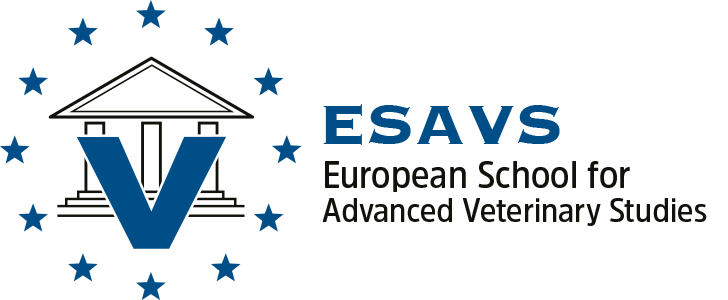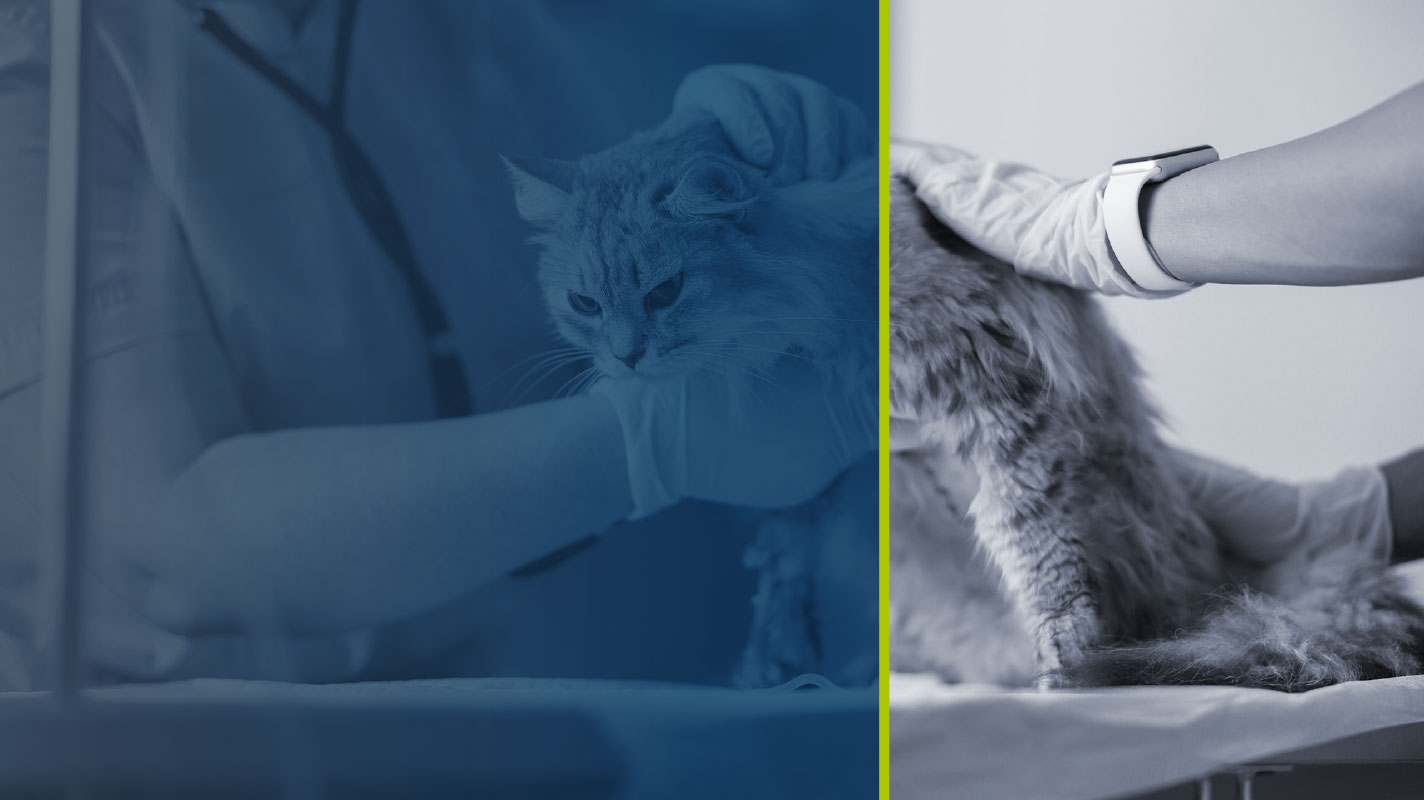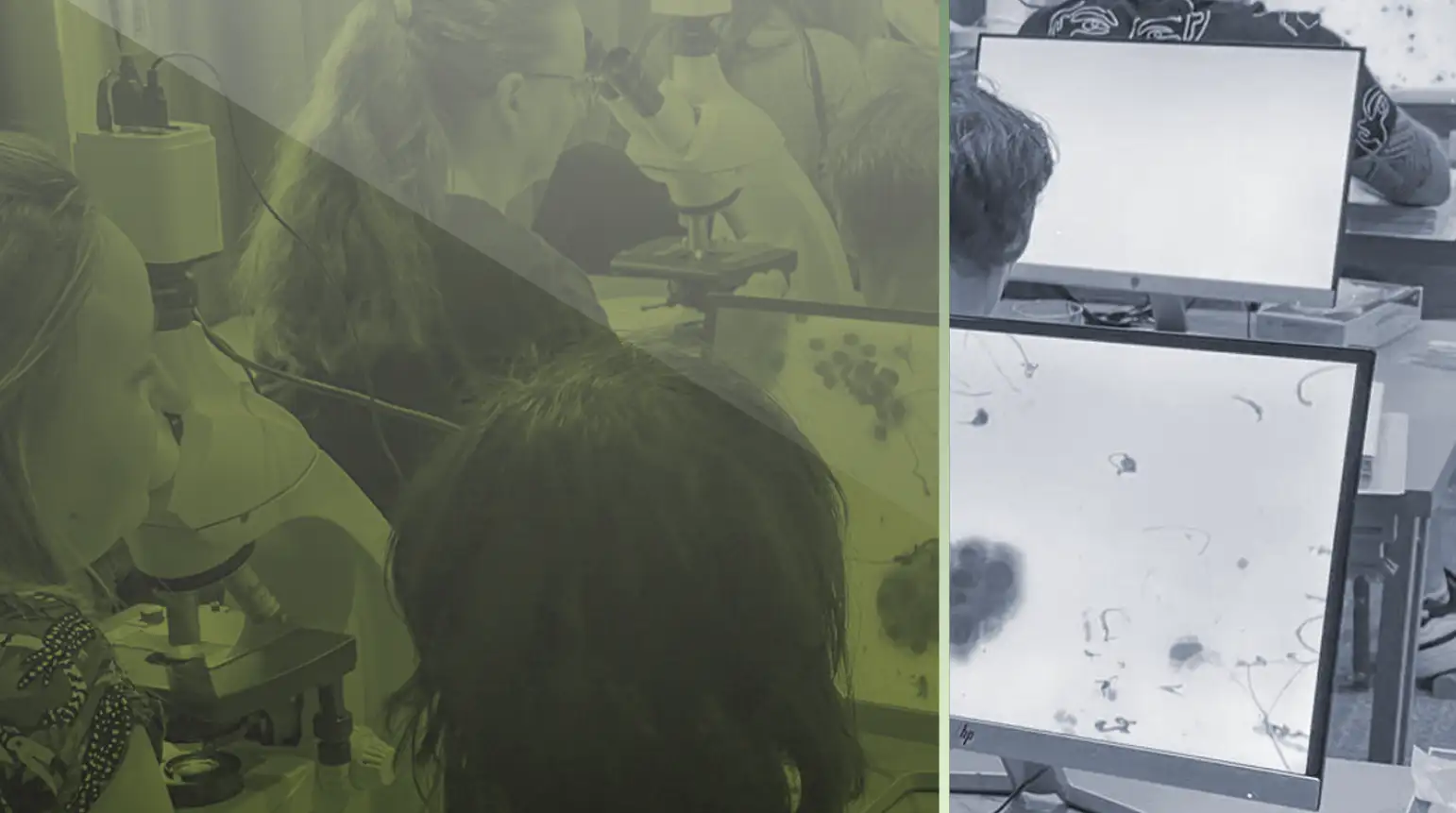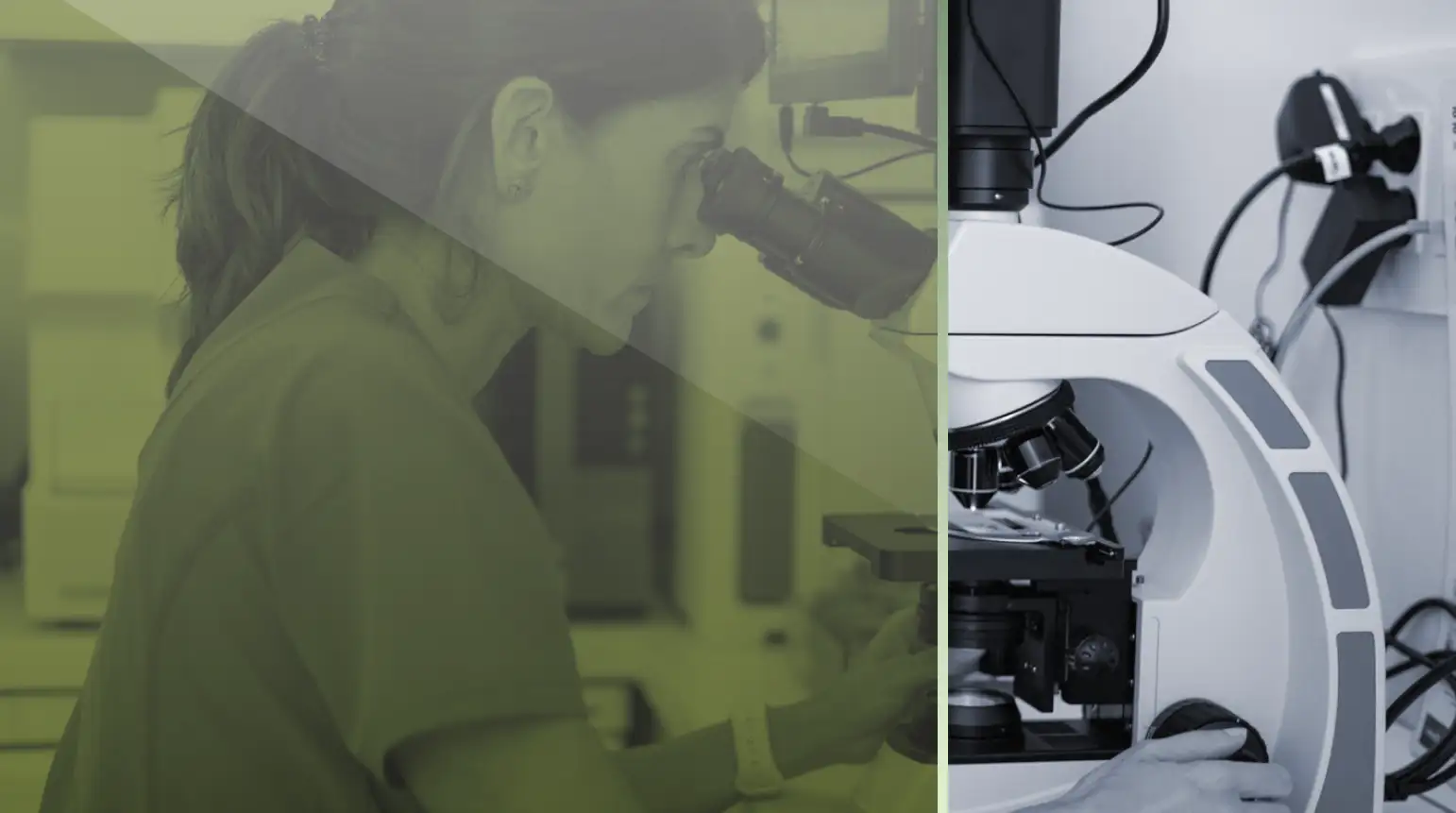Oncology IV
Program Director:
Principal Course Master(s):
Important notes and requirements
1. Oncology IV can be taken only after completion of ESAVS Oncology modules Oncology I-III. For this course participants are required to have an intermediate understanding of oncology and cytology. Students will work-up cases independently, in small groups and/or in plenary sessions.
2. There will be no wet-lab cytology! Prof. Meichner will travel to Germany and teach on-site with prerecorded videos and images on days 2-5.
3. Students are expected to home-study a pre-recorded bone marrow lecture in order to familiarise themselves with the principles of bone marrow cytology before the course.
4. To ensure optimal image resolution for the online cytology and to access material for case management sessions with Dr. Schmidt, everyone must bring a laptop & headphones (and if necessary a travel adaptor for Germany) that can connect to the internet.
5. Students are expected to reflect on communicative challenges in writing before the start of the course to allow active and in-depth discussion, role play, etc during the course. Please consult the self-reflection sheets on the eCampus.
6. Some of the course material will only be available during or after the course.
Course Overview
Oncology IV builds up on Oncology I-III and will focus on interactive case management of interesting and/or more complex cancer cases. It will cover current and/or more advanced topics such as, for example, cytology of neoplastic diseases in internal organs, bone tumours, bone marrow cytology, sentinel lymph node mapping, communication in cancer care and decision-making skills. For this course participants are required to have an intermediate understanding of oncology and cytology. Students will work-up cases independently, in small groups and/or in plenary sessions.
Topics
• Sentinel lymph node mapping: principles & practice
• Mast cell tumour current staging trends & controversies
• Mast cell tumours cases management
• Endosurgery in pets with cancer: principles, practice & limitations
• Stents, embolization and other innovative ideas
• Cytology of bone, bone marrow neoplasia, lymph nodes, blood and miscellaneous internal organs
• Understand immunocytochemistry, flow cytometry and PARR,
• Communication in Cancer Care
• Case management & decision making : miscellaneous tumours
Home study online before the course and/or during the week (pre-recorded):
Approx. 60 min – Who is who – principles of bone marrow cytology
Course Program (Subject to change)
Wednesday, 3 December 2025
08:30 – 09:00 Welcome and registration
09:00-10:00 Update mast cell tumours (Schmidt)
10:00-10:45 Lecture: New Drugs & New Indications for Old Drugs (Schmidt)
10:45-11:15 Coffee break
11:15-12:45 Sentinel lymph node mapping: principles & practice (Brissot)
12:45-14:00 LUNCH BREAK
14:00-15:00 Endosurgery in cancer: principles & practice (Brissot)
15:00-16:00 “This is how I use stents and other innovative ideas” (Brissot)
16:00-16:30 Coffee break
16:30-17:00 Managing bone tumours: thinking outside the box (Brissot)
Thursday, 4 December 2025
09:00-09:30 Cytology of musculoskeletal tumours [lecture] (Schmidt)
09:30-10:30 Independent case management & cytology I (Schmidt)
10:30-11:00 Coffee break
11:00-12:00 Independent case management & cytology I (Schmidt)
12:00-13:00 Discussion of worked-up cases (Schmidt)
13:00-14:15 LUNCH BREAK
14:30-17:00 (incl. 30 min break) Introduction (Meichner):
• Example cytology cases and interactive cytology quiz: skin, internal organs, etc.
• Cytology stains – pros and cons
• When (and how) to collect a bone marrow sample
Friday, 5 December 2025
09:00-09:30 Endocrine Cytology lecture (Schmidt)
09:30-10:30 Independent case management & cytology II (Schmidt)
10:30-11:00 Coffee break
11:00-11:30 Independent case management & cytology II (Schmidt)
11:30-12:30 Discussion of worked-up cases (Schmidt)
12:30-13:45 LUNCH BREAK
14:00-17:30 (incl. 30 min break) Short review of leukaemias (Meichner)
Principles & clinical applications of flow cytometry, PARR, IHC (Meichner)
Practical blood smear cytology (cases) (Meichner)
Saturday, 6 December 2025
09:00-10:00 Independent Case MCQ Quiz (Schmidt)
10:00-10:30 Discussion of Case MCQ Quiz (Schmidt)
10:30-11:00 Coffee break
11:30-12:30 Communication in cancer care I (Schmidt)
12:30-13:45 LUNCH BREAK
14:00-14:30 Q&A & review of key points about BM prerecorded lecture (Meichner)
14:30-17:15 (incl. 30 min break) Bone marrow cytology: cases (Meichner)
Sunday, 7 December 2025
08:30-09:00 Independent case management & cytology III (Schmidt)
09:00-10:30 Discussion of worked-up cases (Schmidt)
10:30-11:00 Coffee break
11:00-12:30 Communication in cancer care II (Schmidt)
12:00-13:00 LUNCH BREAK
13:00-15:00 Case-based: lymph node & lymphoma cytology (Meichner)
15:00-15:30 Q & A and Wrap up of the course



